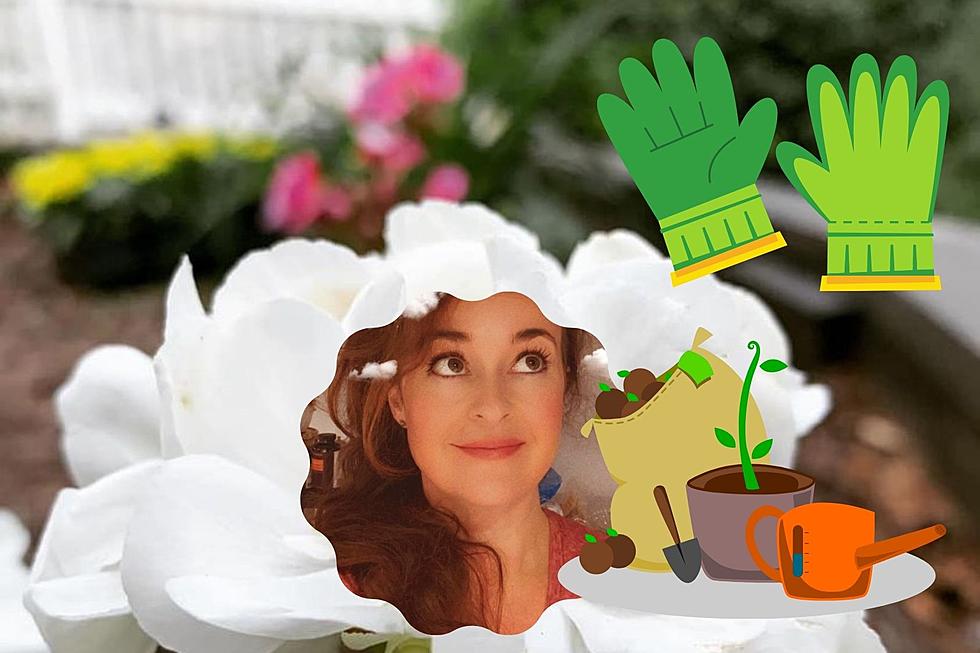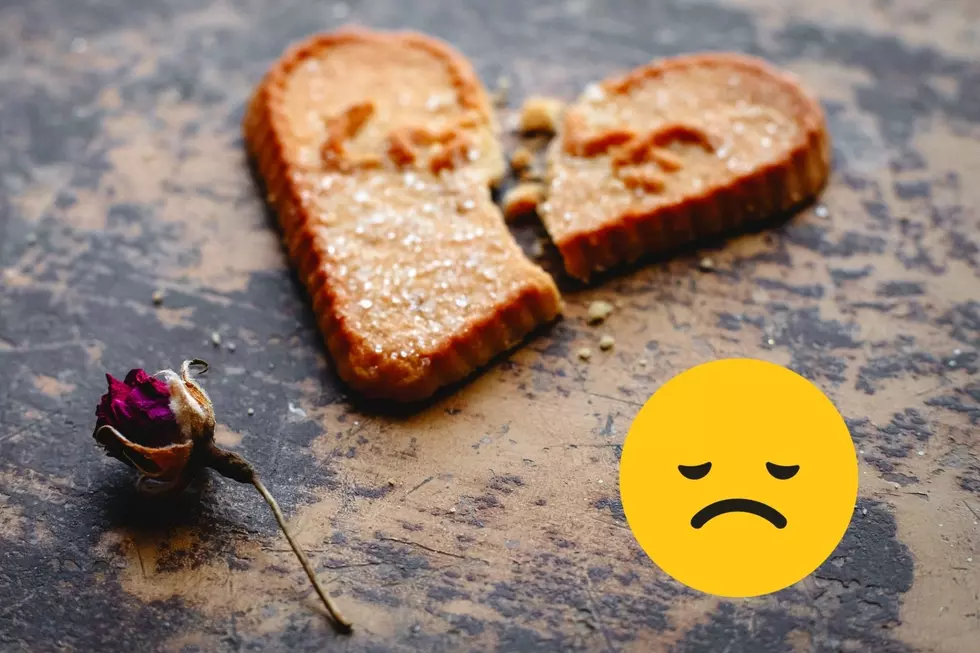
My Thoughts On Meditation (Without The ‘Woo’)
It's changing, yes. Yet still, for many people hearing chatter about meditation can immediately conjure up images of a monk sitting on a mountaintop somewhere. Nothing against mountains, or monks, for that matter. However, it is hard for some to imagine themselves arranging their bodies into the lotus position and beginning to chant melodic "om's" out into the universe. I get it.
Years ago, this was also the image my mind conjured whenever I heard the word "meditation." It was even presented to me as something *not* to do, because no one's mind should be "empty." But as the years went on, I started to learn a bit more about what meditation "is" and "isn't" and gradually my perspective started to shift. (By the way, the lotus position and unusual hand placement is definitely not required.)
For example, one of the most popular meditation apps out there is Headspace. On their twitter page, they address the "common myth [...] that meditation is all about stopping thoughts, when it’s actually about learning to step back and witness them."
So what is meditation exactly? Referring again to the expert opinions from Headspace:
" Meditation isn’t about becoming a different person, a new person, or even a better person. It’s about training in awareness and getting a healthy sense of perspective. You’re not trying to turn off your thoughts or feelings. You’re learning to observe them without judgment. And eventually, you may start to better understand them as well."
I would add, that in getting better at understanding my thoughts (see above), I found that I became more peaceful, focused, and present.
I didn't even try and meditate, though, until I went through a rather emotional season in my life. Like with so many things, life circumstances drive us to seek new solutions. So, one day, in a particularly difficult moment, I decided to meditate for just five minutes. When I was done, did I feel like an enlightened guru ready to put on a flowing robe and go become a Jedi?
No. In fact, for the first week or two, I struggled with feeling as if nothing was happening. Now, thankfully, since I was using an app to help me, as I was a beginner, I was prepared for this feeling and pressed on. It was somewhere around the third or fourth week that I began to notice a difference.
What kind of a difference? Well, it's challenging to articulate. I might describe it as a general sense of calmer awareness. A peaceful alertness. A present-focused point of view which stopped me from dwelling on either the past or the future--which is certainly the cause of much of our anxiety or unsubstantiated negative feelings. Yeah, it's a bit paradoxical, I know. Such is life.
I encourage you to give it a try. And by "try" I mean give it at least 30 days. I have found using the Headspace app to be extremely helpful. However, another option that I love is the Calm app. There are many to choose from, though. On top of that, most of them also have sounds and/or "sleep stories" that help you at bedtime, too.
Give it a go. All you have to lose is free-floating existential angst. ;) At the very least you'll learn to deal with it more effectively. More and more research is emerging confirming that there is, in fact, a connection between our mental and physical health. Thus, you also may find that bringing your overall stress levels down can help you in ways that may surprise you. I have. (And I'm still considering that "becoming a Jedi" part, that'd be awesome.)
One of my favorite graphic artists, Ramin Nazer, provides a helpful visual to describe what meditating can do for your state of mind. See below.
Peace be yours.
More From KKTX FM









